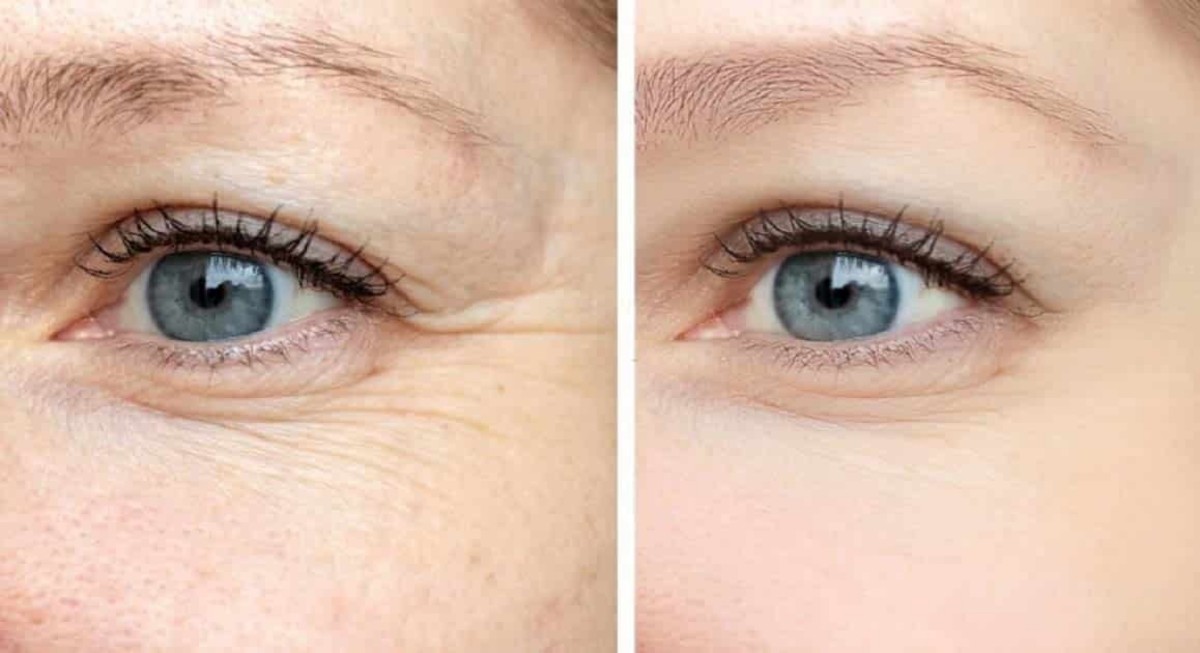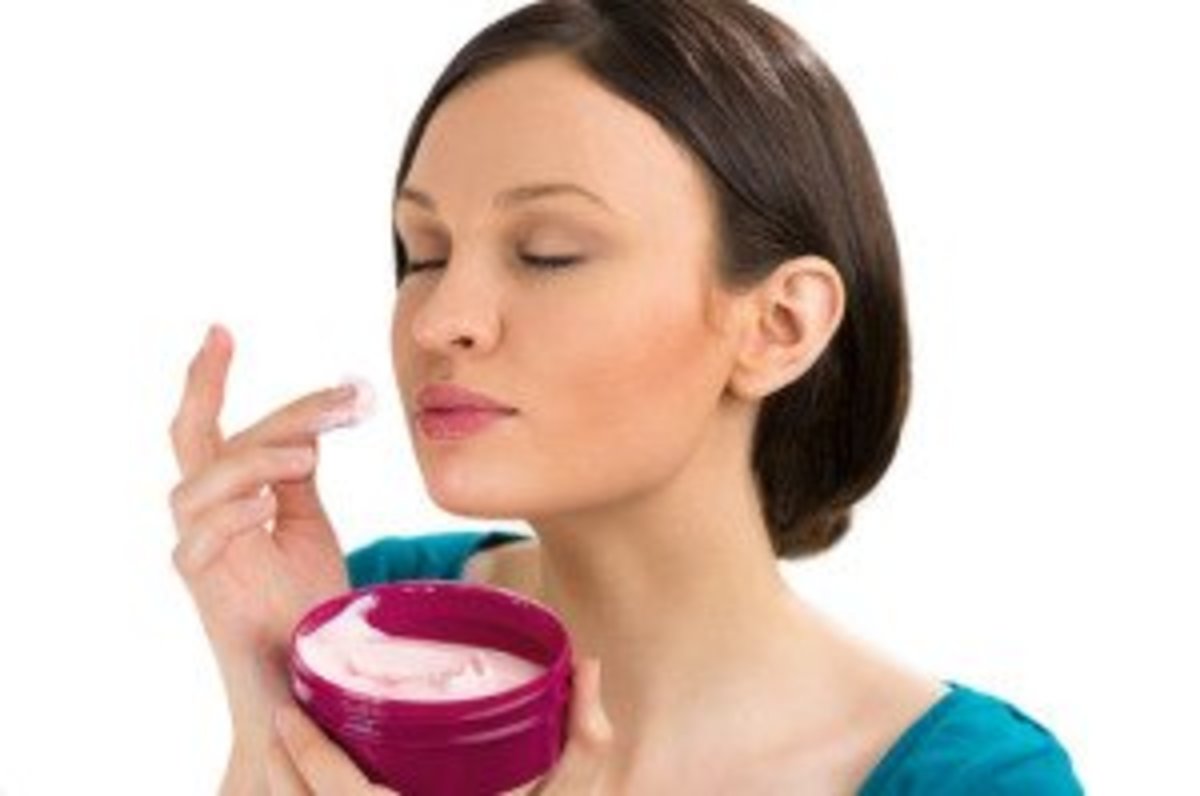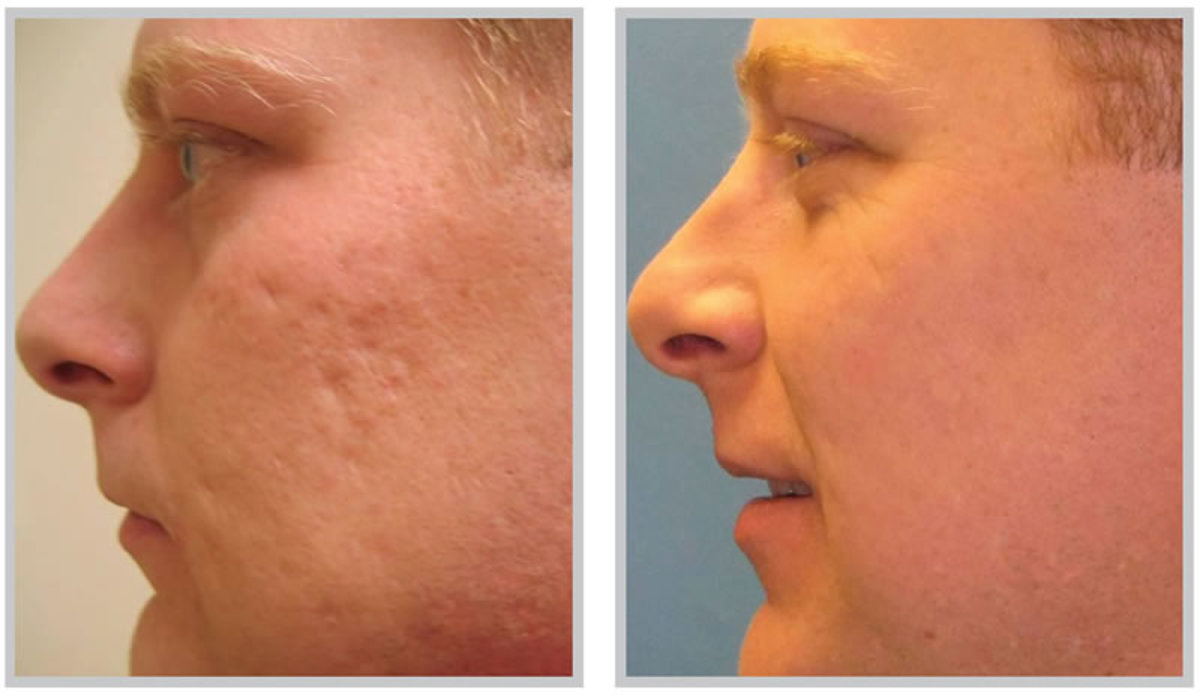Anti-Aging Serums vs Anti-Aging Creams
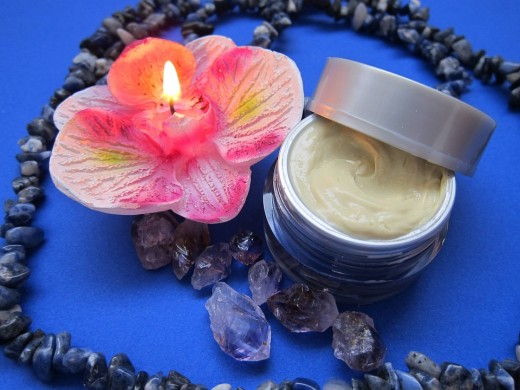
Serums Versus Creams - Anti-Aging Help
There's a skin care battle going on right now, it's about whether to use anti-aging creams or anti-aging serums. The anti-aging market is huge today since many of us want to stay as young looking as we can. Who do you know that doesn't want their skin to look healthy, smooth, and young looking? That's what I want. In order to help us recapture the youthful skin we desire, the skin care industry formulates cleansers, creams, moisturizers, treatments, and serums, all of which can hopefully help us fight and reverse the signs of aging.
Anti-aging creams were the most popular item in the anti-aging skin market for a long time, but now it looks like serums might be taking over that desired first place. The creams were loaded with moisturizers and anti-aging ingredients like antioxidants.
The serums were products used by professionals in the anti-aging business. You know, anesticians and dermatologists, who opened up a market for advanced skin care with these new formulations. But today, these products are available to us without having to visit a professional and we can buy them locally and use them at home. The claims say these serums offer visible results in less time than the skin cream products.

What The Difference In Anti-aging Creams And Serums
What is the difference between these two anti-aging products and how do I choose which one is the best choice for me?
Creams soothe. They are rich. The creams I am familiar with say they provide extra moisture that my skin needs to repair and renew itself. Moisture stolen from me by time and outside influences, like exposure to the sun and the environmental toxins we are exposed to day after day. These creams are full of anti-aging fighters like antioxidants and focus primarily on the face and neck of the user. It's easy to find creams that are specially formulated for our different skin types. As you already know, skin types include normal, dry, oily, and combination skin. Knowing your skin type, and choosing a cream for your skin type, is an important facet of skin care today.
Retinal, a derivative of vitamin A, is a popular and effective anti-aging ingredient found in many of today's most popular anti-aging creams. The vitamins E and C are also well known antioxidants used in popular anti-aging creams.
Cream moisturizers also add a high amount of SPF, or sun protection factor, to ward off any further damage to the skin caused by the sun. Night creams, of course, don't need the SPF factor to be effective.

The Benefits Of Anti-aging Serums
Anti-aging serums have a very different consistency than the anti-aging creams we have become used to. They are more liquid, they are pumped out of a tube or container rather than scooped out of a jar like the creams are. The serums are applied to the neck and face, the same as the creams.
The serums rely on Retinal and peptides as it's main ingredient, same as the anti-aging creams. The noticable change is in the delivery system, in the serums the peptides are quickly absorbed into the skin. Peptides act on a cellular level with collagen and can make your skin appear fuller and that means wrinkles and fine lines will be less noticable. Serums contain ingredients that act very much like Botox, except it works without the toxins and injections.
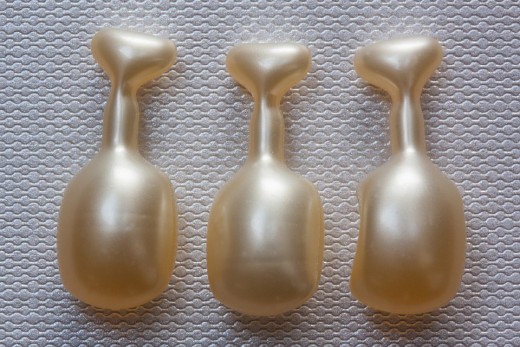
What Is Argireline?
One such ingredient is Argireline, it works to help the muscles relax and that causes the wrinkles to have a smoother appearance. It is said that anti-aging serums with a high concentrations of argireline provide up to a 25% reduction in the fine lines and wrinkles after a month or so of continuous use.
Serums are also touted to be able to reverse the sun damage to your skin. The only thing with the anti-aging serums is you must use them every day to see dramatic results. That's necessary to boost collagen production. If you don't plan on using the serums every day, you may not see the results you were hoping for. The serums also tend to be pricier than the creams. The serums seem to get better results. The only way you can prove their anti-aging results is to try them for yourself. One way to remember and document your results is to take pictures of yourself before and after the use. You will be able to see the results in the pictures. Make sure the photos are close up so you can see the difference in any fine lines and wrinkles to see which product is for you, the creams or the serums.
Anti-aging Creams
| Anti-aging Serums
|
|---|---|
Retinol A
| Retinol A
|
SPF
| Peptides
|
Moisturizer
| Argireline
|
- Avocado Oil Skin
Avocado Oil is a simple treatment for skin and scalp moisturizing. Find out the benefits this easy to find oil can have on your skin and treat yourself to some luxurious home spa treatments. - What Are Antioxidants
Antioxidants - what are they and what is their role in helping you to look younger? Find out how antioxidants work to help your skin stay healthy and young looking. - Argan Oil Benefits
Find out what the benefits of Argan Oil are for your skin and hair. This oil is a great way to tame your hair and restore a healthy shine to it. It can also make your skin look great.

